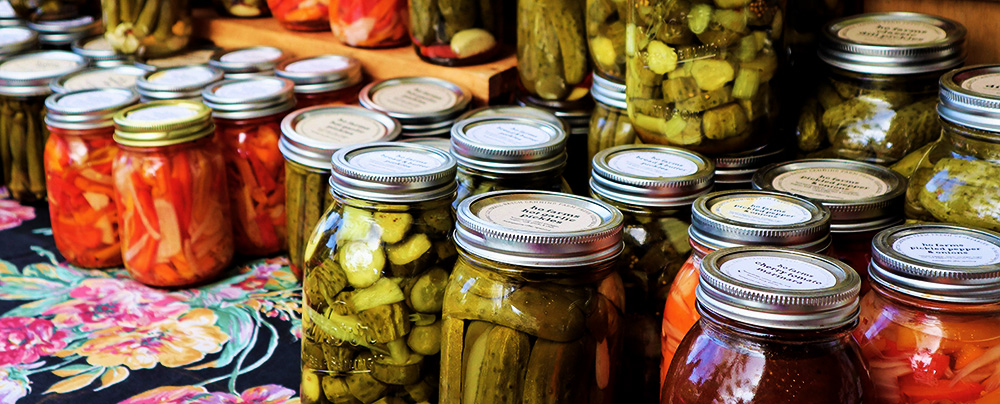
Hippocrates was spot on when he said, back in 400 BC, “Let thy food by thy medicine, and thy medicine be thy food!”
It’s now almost universally accepted that the food we eat can powerfully affect our digestion, our weight, and our cardio-metabolic health, neurology, cognition, inflammation, and autoimmunity.
Given the countless centuries when people at more or less consumed the same foods as their neighbors, people today have ventured into a wide spectrum of dietary possibilities, exploring vegan, vegetarian, and omnivorous diets, diabetic diets, autoimmune diets, paleo autoimmune diets, keto diets, Mediterranean diets, and countless others.

Many folks now routinely eliminate sugar, “bad” trans- and other denatured or otherwise harmful fats, dairy, gluten, grains, and nightshades in their attempts to address their health concerns.
Folklore has always abounded with dietary advice. “An apple a day keeps the doctor away.”
In Japan, people travel not with an apple but with umeboshi to help sustain their health.
Umeboshi are salted fermented plums – it’s the fermentation that beneficially impacts the diner’s health.
Besides preserving them, fermentation increases the nutritional value of foods. Fermented foods contain nutrients beneficial nutrients such as vitamin K2 and produce and increase the availability of nutrients, including the B vitamins.
As a source of probiotics, fermented foods such as umeboshi, kefir, miso, tempeh, natto, kombucha, raw organic apple cider vinegar, sauerkraut, and kimchi improve the diversity of the gut microbiome.
The gut microbiome, which consists of trillions of microorganisms, is now actually considered an organ in its own right. For example, it has been shown that the gut microbes produce, secrete, and regulate the expression of hormones and neurotransmitters in the gut.
- The microbiome influences body weight, belly fat, and memory. Anxiety, depression, and stress are connected with the microbiome to such a powerful degree that microbiologists now study the “psychobiome” in their efforts to better understand the connection between gut bacteria and our emotions, moods, and behaviors.
- The gut biomes of depressed and obese people differ from those of happier, leaner people. And the presence of butyrate-producing bacteria is associated with both colonic health and a higher quality of life.
- A microbiome that has been disrupted can create low-grade inflammation, trigger autoimmunity, and inhibit the activity of nutrients such as vitamin C, D, and zinc which might otherwise support the immune system.
- The microbiome even conditions whether we’ll enjoy a favorable or unfavorable response to vaccines.
Fermented foods obviously aren’t the only solution to a healthy gut microbiome, although they are a major dietary player.
Regularly interacting with nature and diversifying our diet are important ways to keep a healthy biome, as are chewing our food well and ensuring adequate stomach acid.
Prebiotics such as Jerusalem artichokes, chicory, raw garlic, and leeks, asparagus, and jicama, as well as green bananas and raw potato starch are foods that all feed the microbiome.
Supplement-wise, spore-based probiotics (different from the probiotic formulas we’re most familiar with, and which have other beneficial effects) have a huge impact on microbiome diversity.
Changing our diet can change our microbiome very quickly, for better or worse.
- High-fructose diets disrupt the microbiota, as do foods containing glyphosphates.
- Fiber-rich fruits and veggies enhance the microbiota, as do polyphenol-rich foods such as extra virgin olive oil, berries, pomegranates, flaxseed, dark chocolate, grapes, and green tea.
Science is diving ever deeper into the relationship between our diet and the colonies of gut micro-organisms that affect every aspect of our health. It’s wouldn’t be terribly unwise to consider this interrelationship very carefully when choosing our food.
For information about the services we offer at Pacific Naturopathic, please give us a call at 650-961-1660, use the convenient Contact Form to get in touch, or follow the link to: Consultations – Pacific Naturopathic. Thank you!
